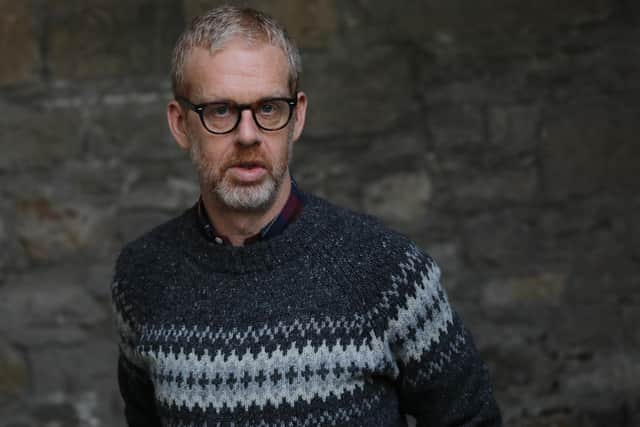Estonia leads the way in European tech startups - Nick Freer
While the tech success of the Nordics is well documented, many consider Estonia to be the region’s most alluring startup nation. With a population of just over one million people, Estonia has produced, per capita, more tech unicorns (companies valued at over $1 billion) than any other country worldwide, ten of the rarefied tech firms to be exact.
So, how did Estonia reach this lofty position, what foundational pieces did it put in place, and do they put something in the water supply in Tallinn that helps breed alpha entrepreneurs?
Advertisement
Hide AdAdvertisement
Hide AdI put these questions to Ambassador Lubi, who earlier in the week at the Digital Scotland conference had pinpointed the importance of Estonia’s Tiger Leap, a public-private initiative credited with bringing about seismic change as the country strived to build a world-class digital economy.


Tiger Leap launched in 1996 focused on the IT competency of students and teachers, which Lubi says ensured the supply of tech-savvy Estonians who could help develop innovative e-services. “We could not create a modern e-governance system,” says Lubi, “without people knowing how to use it.”
“Today”, continued Ambassador Lubi, “the majority of our unicorn founders consider themselves a Tiger Leap generation.”
Ambassador Lubi told me a story about a new coding school in East Estonia, which he says illustrates how founders and companies give back and invest in the ecosystem, almost as a rule. Cross-border payments startup Wise’s (Wise became the largest tech company on the London Stock Exchange, with a market capitalisation of $11 billion when it completed its IPO last year) co-founder Taavet Hinrikus helped launch kood/Jõhvi to help address one of the biggest challenges faced by Estonia, a shortage of talent and skills.
The school receives support across the board, from startups, more established corporates, and government. And we’re not talking about small cheques here, with the Estonian way of giving back illustrated by IT company Pilvio, who are providing kood/Jõhvi’s new school building rent-free.


Getting back to my chat with Estonia’s man in London, Lubi says a successful tech ecosystem needs three things, namely skills and talent, funding, and markets.
Not content with his coding school in East Estonia, Wise co-founder Taavet Hinrikus launched €250 million venture fund Plural earlier this year to give tech firms exposure to seasoned founders-turned-investors. Plural says only 8 per cent of investors in Europe are former operators, in contrast to more than half of tech investors in the US.
“We’re the investors we would have liked to have when we were building our own companies”, said Hinrikus at launch. “Founding a company is a craft, and the best way to learn that craft is to work alongside those who have done it before.”
Wise words, with a lesson or two for our tech ecosystem here in Scotland. More on this next week.
Nick Freer is the founding director of corporate communications agency the Freer Consultancy
Comments
Want to join the conversation? Please or to comment on this article.